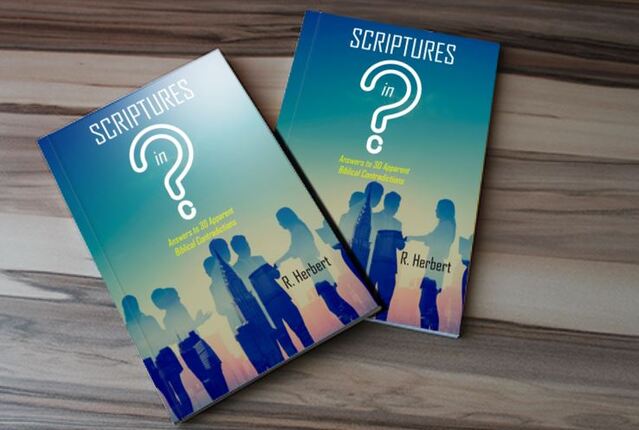Skeptics and other critics of the Bible have long claimed that this verse shows Matthew was in error, as there is no verse anywhere in the Old Testament that matches this statement. It is true that there is no verse in our English Bibles saying exactly what Matthew wrote – but that does not mean that he was mistaken, or that his account of the life of Jesus was not inspired.
First, we should notice that Matthew says “what was spoken” so it is certainly possible that he was aware of orally transmitted accounts of what certain prophets had said verbally, but there is another and perhaps more likely explanation for what he wrote.
Second, there were no quotation marks in ancient Greek so Matthew may simply have paraphrased what some of the prophets had written. This becomes very likely when we realize that a number of verses found in the Old Testament speak of the messianic “Branch” who was foretold to come from the line of David. For example, the prophet Jeremiah wrote: “Behold, the days are coming,” declares the LORD, “When I will raise up for David a righteous Branch; And He will reign as king (Jeremiah 23:5 and see also 33:15). In Hebrew, the word “Branch” is netser and it is from this word that the name of the city of Nazareth is derived.
We also find multiple references to the promised Messiah in the book of Isaiah – especially Isaiah 11:1 which tells us: “A shoot will come up from the stump of Jesse; from his roots a Branch will bear fruit” (see also Isaiah 53:1; etc.). This is important because Matthew quotes Isaiah directly in Matthew 1:23 (Isaiah 7:14) and 4:12–16 (Isaiah 9:1–2), and these quotations from Isaiah’s messianic predictions make it very likely that the Gospel writer could have had Isaiah 11:1 in mind when he wrote Matthew 2:23.
Matthew also says that the Messiah’s connection with Nazareth was confirmed by the “prophets” in the plural and, as we have seen, such a prophecy of the divine netser is found in both Jeremiah and Isaiah.
Finally, we should remember that Matthew 2:23 is by no means unique in the Bible. The New Testament writers often did not have physical access to the texts of the Old Testament and many of their quotations from the Hebrew Scriptures are paraphrased slightly as they give a remembered meaning rather than a direct quotation.
This principle is even seen in the Old Testament itself. The book of Ezra, for example, tells us “Your servants the prophets warned us when they said, ‘The land you are entering to possess is totally defiled by the detestable practices of the people living there. From one end to the other, the land is filled with corruption. Don’t let your daughters marry their sons! Don’t take their daughters as wives for your sons. Don’t ever promote the peace and prosperity of those nations. If you follow these instructions, you will be strong and will enjoy the good things the land produces, and you will leave this prosperity to your children forever” (Ezra 9:11–12 NLT). These exact words are not found in the Hebrew prophets, but the principles mentioned are found many times (Deuteronomy 7:1–4; etc.) and are clearly paraphrased in Ezra’s words.
So, the fact that the exact words of Matthew cannot be found in the prophetic writings as we read them in our English Bibles does not mean that Matthew was mistaken, or have any relevance to whether his Gospel was inspired. The biblical writers often paraphrased each other, and summarized what other inspired writers had written before them.
We can be assured that – as in this case – there are plausible answers to every supposed difficulty or contradiction within the books of the Bible.*
* For further information on this topic, download our free book Scriptures in Question: Answers to Apparent Biblical Contradictions here.

























 RSS Feed
RSS Feed
